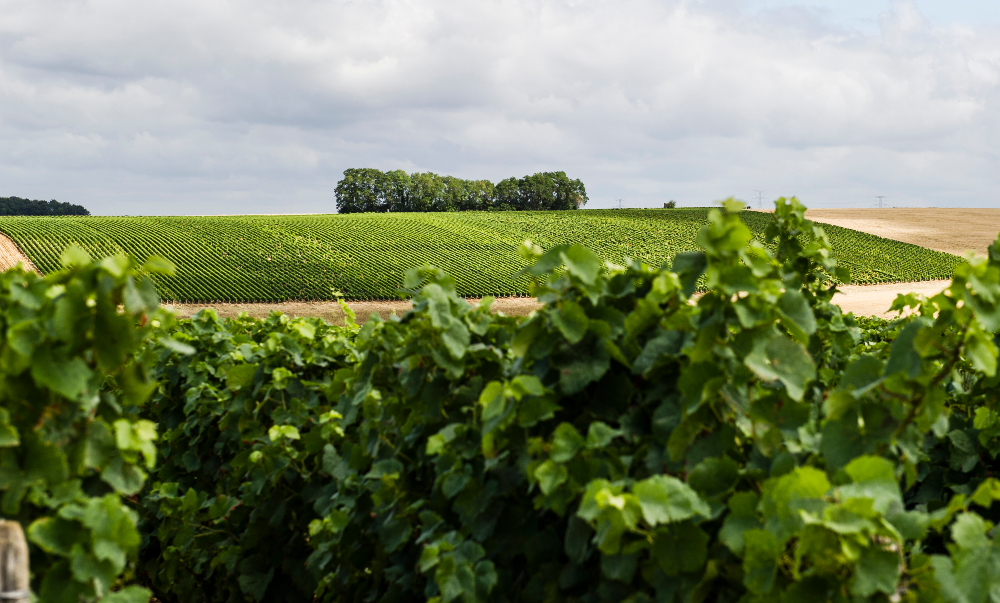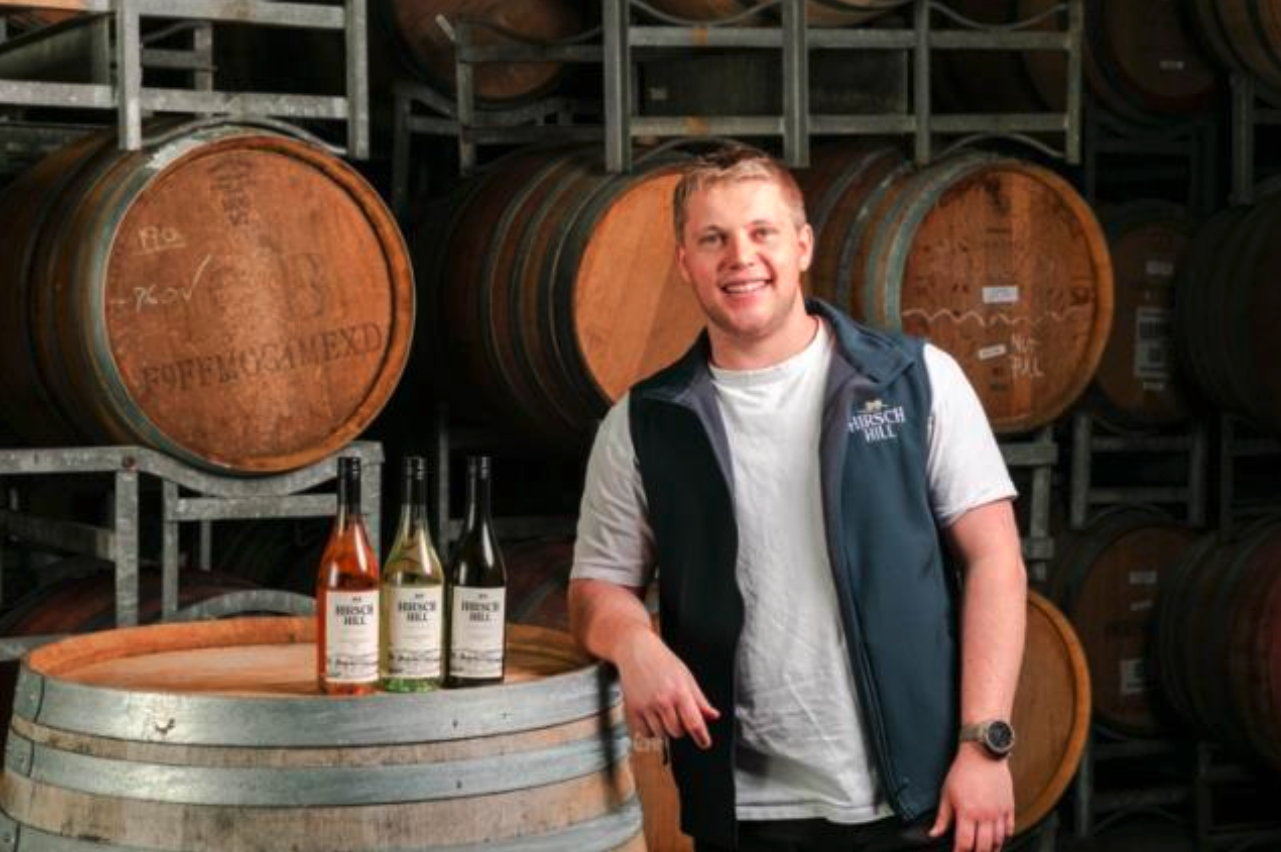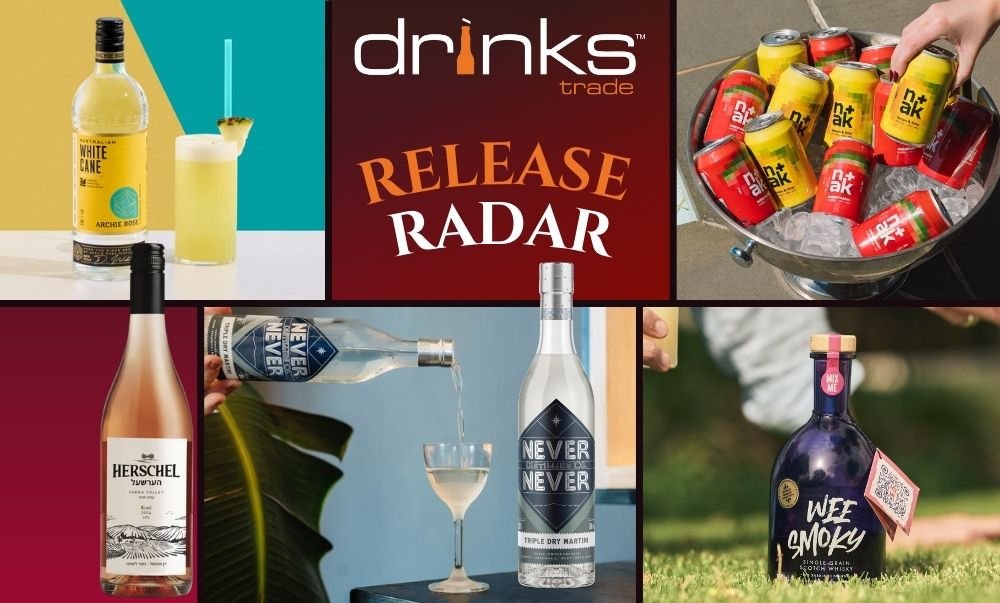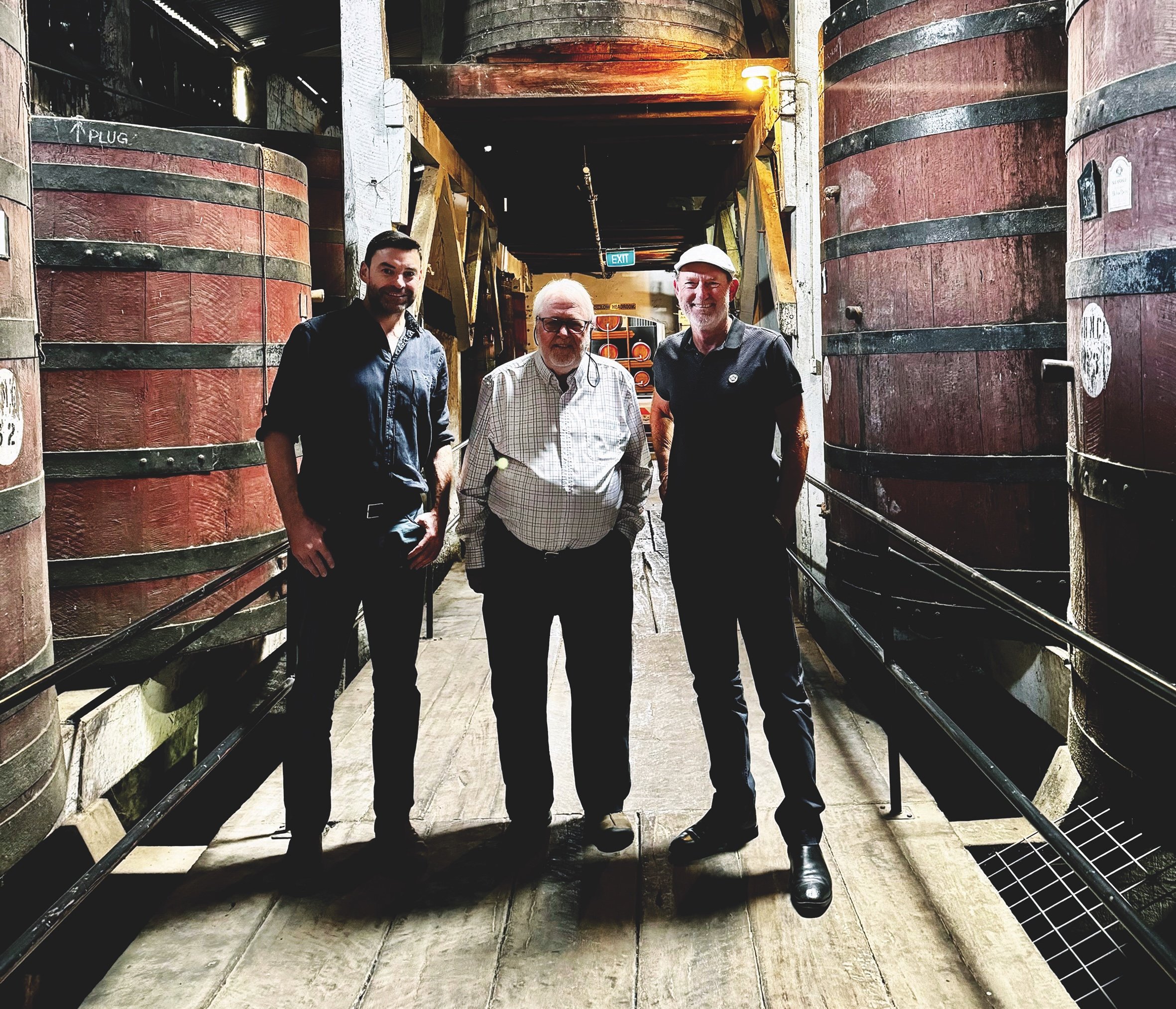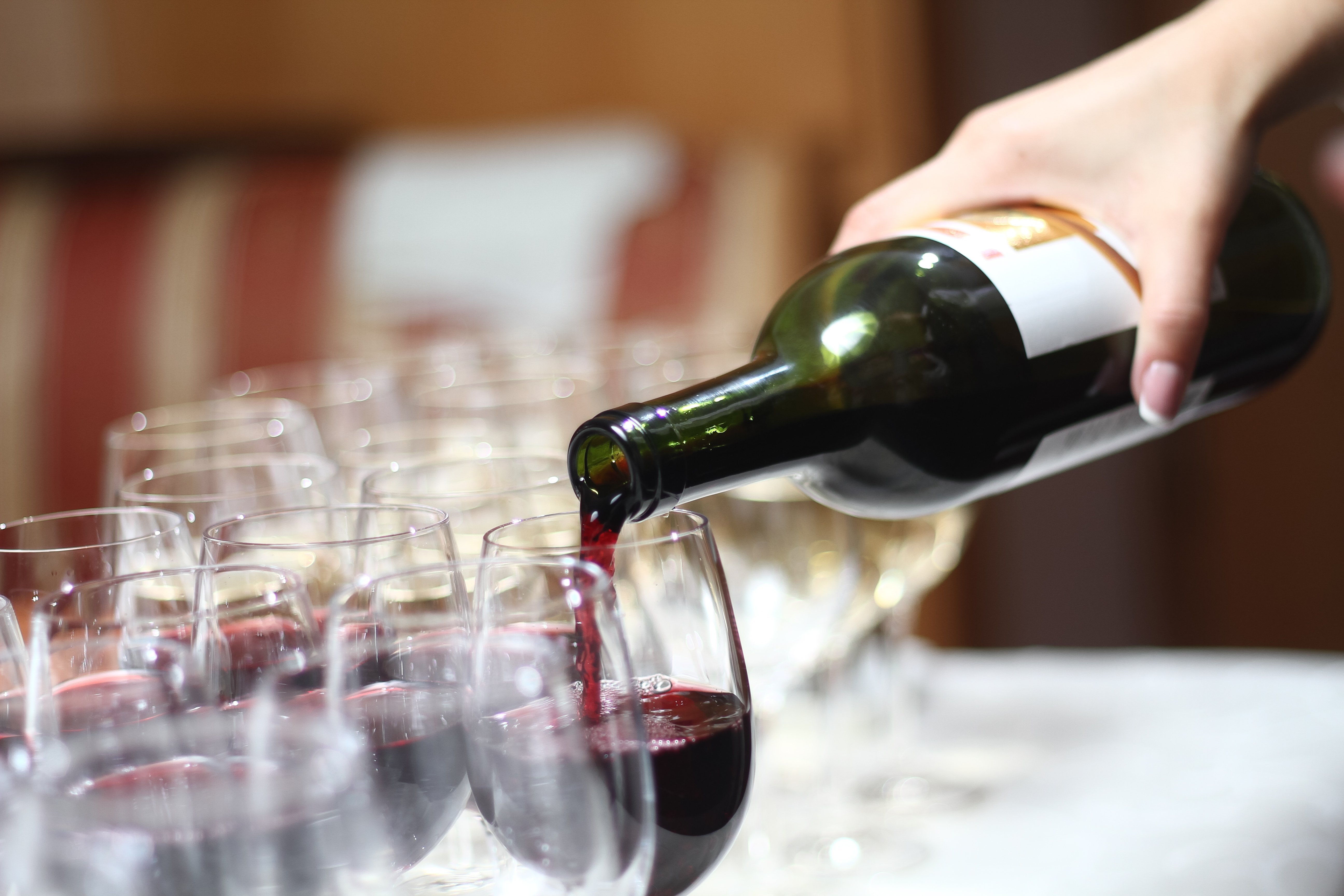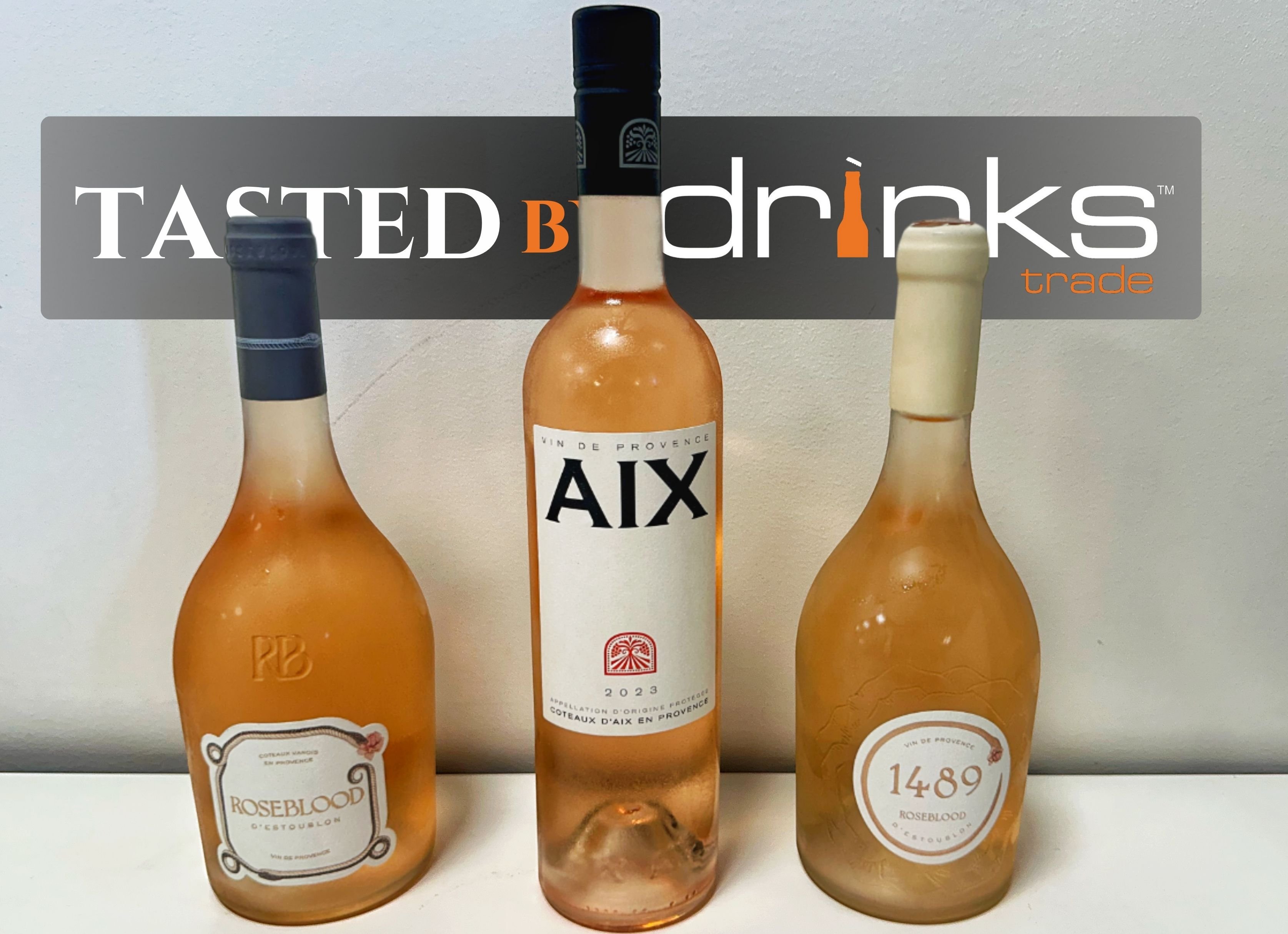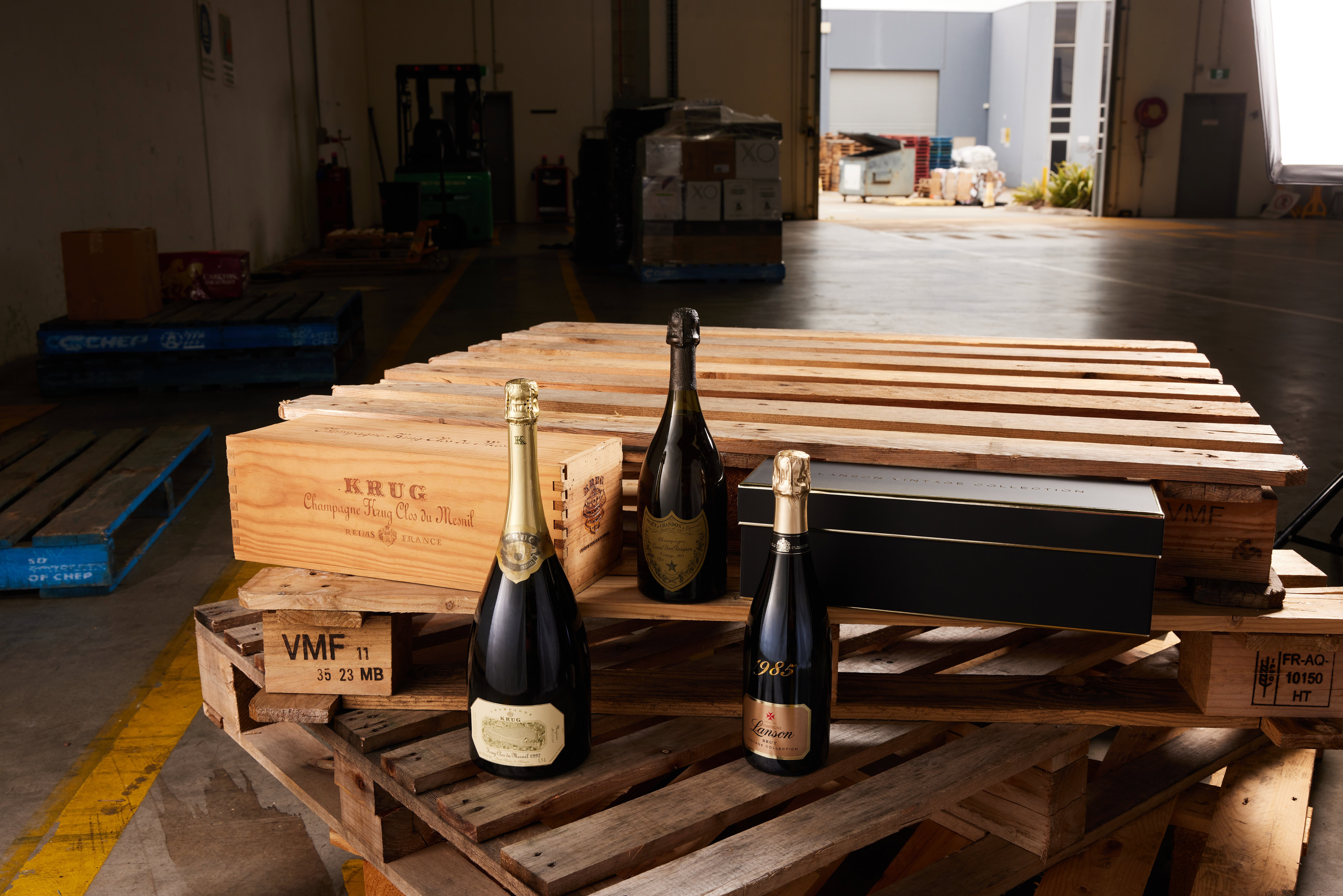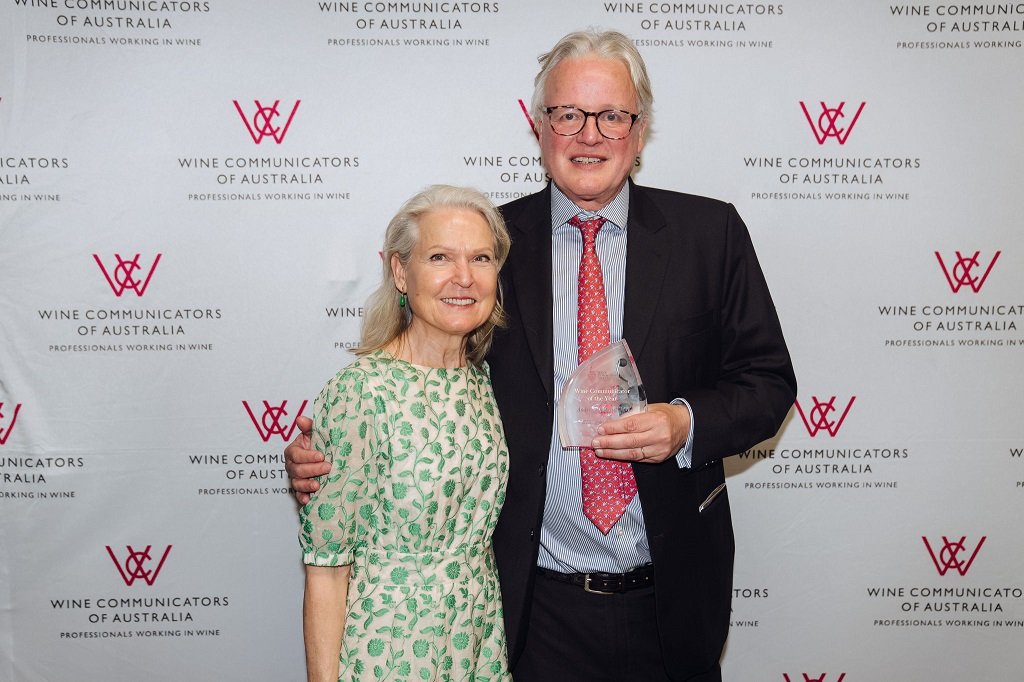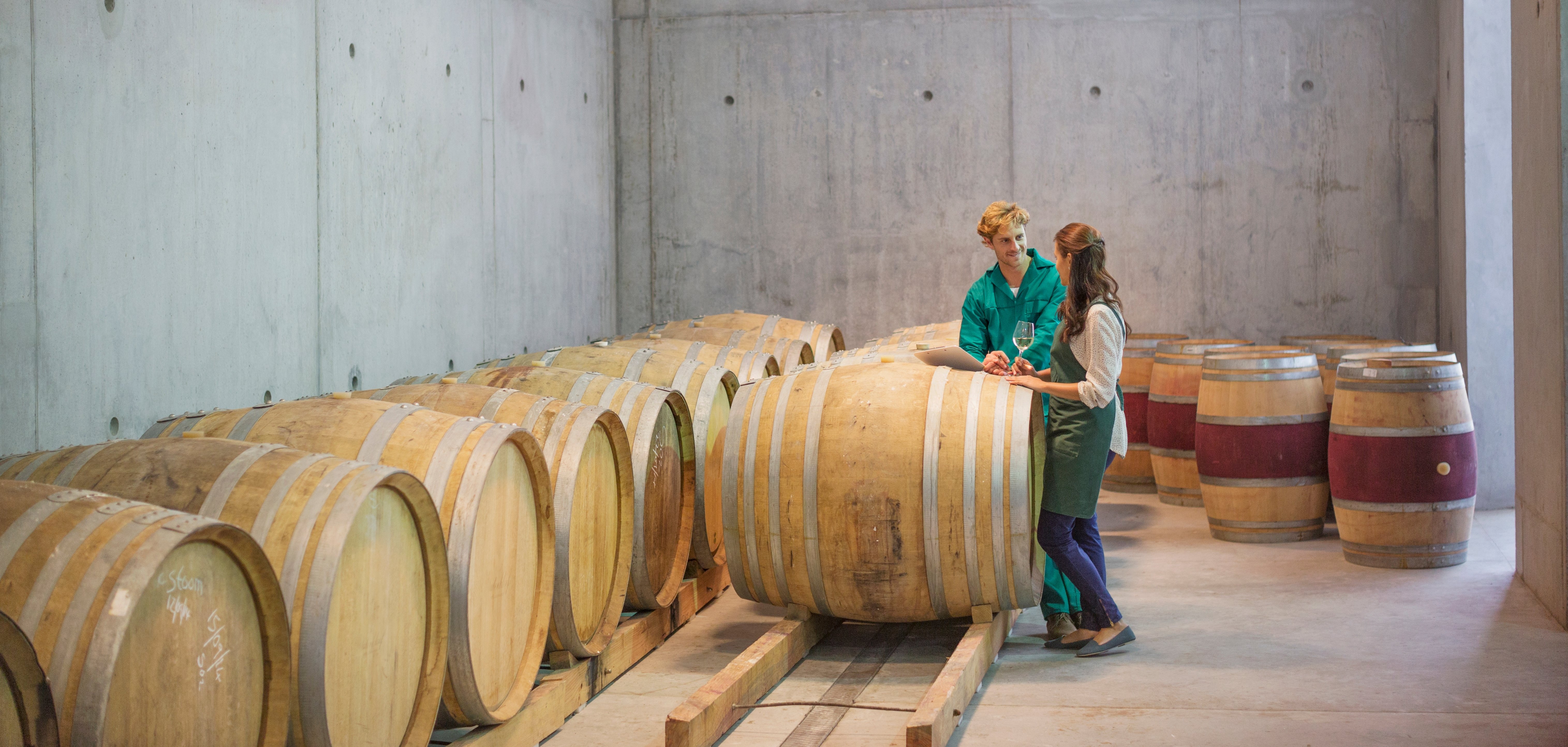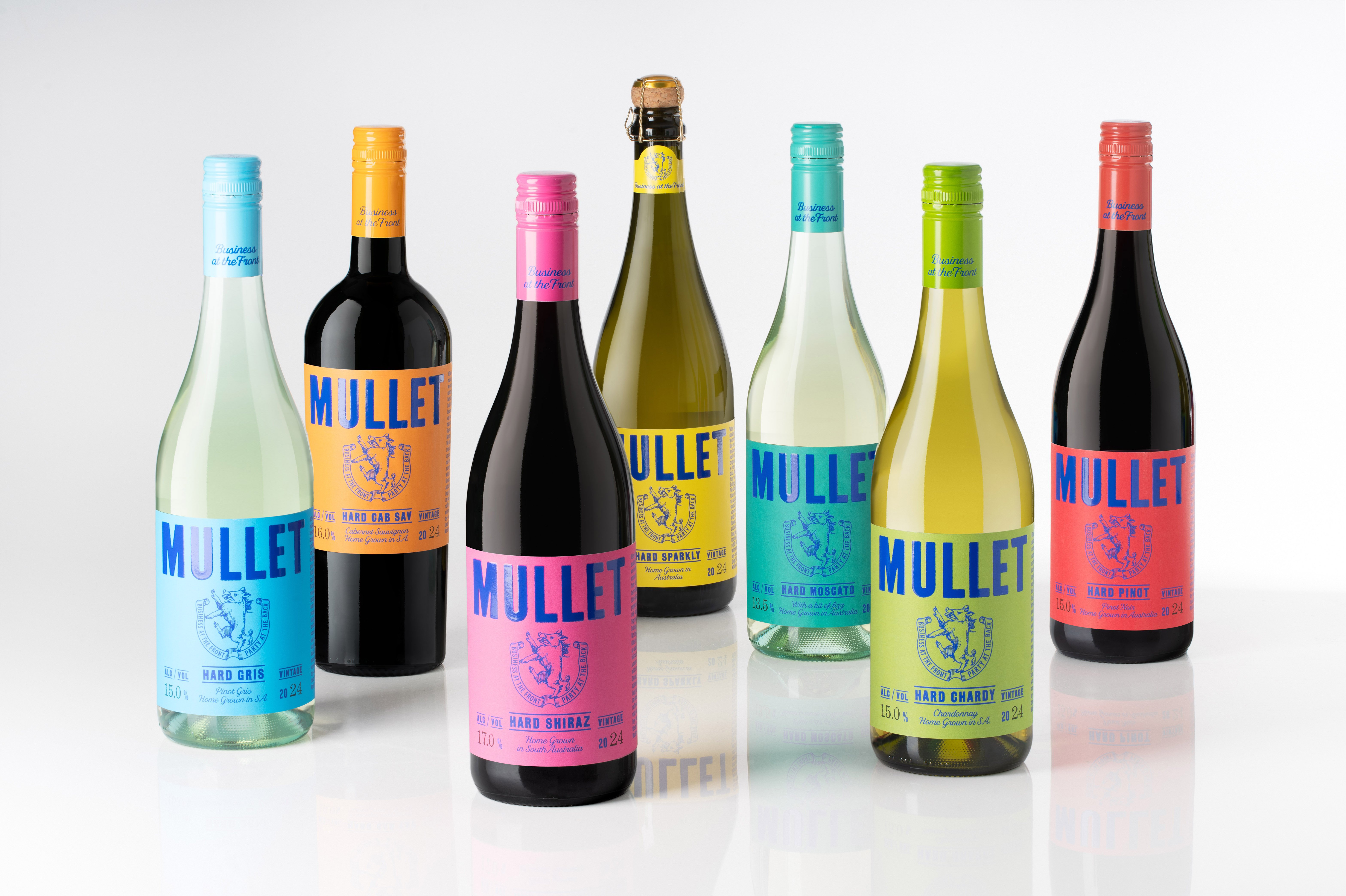Sponsored content
Organic, biodynamic, natural… these wine terms can sometimes feel overwhelming. The Loire Valley is a leader in these styles of wine production, making it the the perfect starting point to understand these sustainable practices.
Here is the definitive glossary to guide you through the best practices used by Loire Valley winegrowers:
Conventional Wine
Conventional wines are produced from grapes grown in traditional vineyards. The use of chemicals is regulated. As the name suggests, the conventional method is the most common form of winemaking in France where chemical use is at the discretion of the producer with regards to minimum use of chemicals, respect for the environment and biodiverse agricultural practices.
Organic Wine
Organic wine is produced from organically grown grapes, which are grown without chemical. In France, organic wines are certified “AB” or “organic wine”.
Biodynamic wine
Biodynamic wine is produced by biodynamic agricultural practives combining an organic and holistic approach to farming with minimum of human intervention and a balance between the land and the vine. These methods include the use of natural preparations, decoctions, treatments and the lunar and planetary rhythms. Biodynamic producers are not standardised but if looking for biodynamic wine, look for "Demeter” or "Biodyvin" on the wine label.
Natural wine refers to wines that are vinified according to a “minimalist” philosophy: nothing is added or taken away. The grapes come from organic farms or biodynamic agriculture, and the wines are fermented with natural yeasts and are bottled unfiltered.
An increasing number of bottles are arriving from France with the logo HVE (or HEV in English).
HEV Certification
HEV certification (High Environmental Value) is a sustainability certification in France that covers four key areas: biodiversity conservation, plant protection strategy, management of fertiliser use and management of water.
HEV is less strict than organic requirements as far as chemical use in the vineyard is concerned. Rather, its focus is on biodiversity, which makes it much more aligned with sustainable agriculture systems.
The HEV logo may be affixed to finished products (including wine bottles), containing at least 95 per cent of raw materials from farms with high environmental value (HEV).
Although wine consumption is decreasing in Australia, organic wine consumption is increasing. The Loire Valley winegrowers were ahead of this shift and are increasing the production of organic wine for this increasing market.
Consumption of Loire Valley wines in particular have increased in the organic sector: wines with the label AB (Agriculture Biologique – Organic Agriculture) still represent only 2.3 pre cent of Loire Valley wines volume, but their sales have increased by 51 per cent since 2018 in France (three times faster than the rest of the organic wines which increased by 16 per cent between 2018 and 2020).
There is an increase to vineyards carrying the AB label, up 33 per cent from 2018 to 2020.
In France, red wines represent 49 per cent of the sales volume of Loire Valley organic wines in retail outlets although red represents only 20 per cent of the total of Loire Valley sales.
Consumers are now looking for organic wines, it is now a deciding factor in the choice of purchase. Shoppers are ready to pay more for an organic wine, reflecting the trend to spend more on quality wines.
The federation of Loire Valley winegrowers launched a 2030 plan to get 100 per cent of the producers on their way to acquiring environmental certification (based on the HEV label) or an AB label before 2030.
In 2020 1,380 producers from the Loire Valley were on their way to acquiring environmental certification. This represents 47 per cent of producers and 51 per cent of the cultivated area (23,425 ha). These figures more than doubled from 2018 to 2020.
With an increasing number of environmentally friendly Loire producers being new to the Australian market, both the trade and consumer are spoilt for choice.
Share the content
